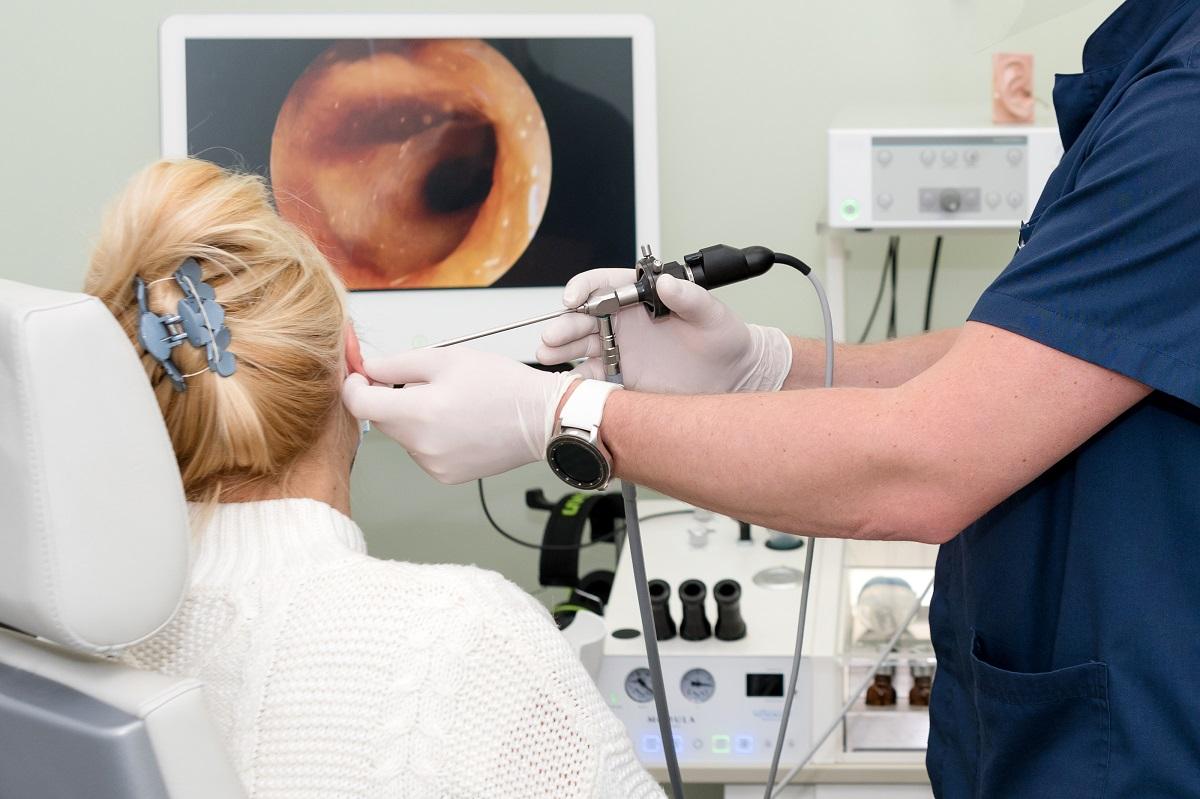We walk through the world every day without giving a second thought to how we stay upright—that is until we get dizzy or suffer vertigo. It takes a lot to keep us from falling over daily and so much of it surprisingly has to do with the ears.
How We Balance
We hear with our ears but besides the auditory canal lies a key factor of our everyday balance—the vestibular system. The vestibular system communicates the position of our body with our brain in combination with our eyes, skin, joints and muscles.
This makes up the three central systems which we use to maintain balance.
Skin, Joints, and Muscles:
Muscles connect to bone, and skin covers it all, making up the musculoskeletal system. When these parts all work together to allow movement in our body it’s also known as the locomotor system. The locomotor system is constantly sending the brain information and the brain then sends signals back to the body to orchestrate them all moving and reacting together to help us move and react and stay upright.
The Eyes:
While it’s possible to navigate the world without vision it makes it so much easier. The eyes send information to the brain where it is interpreted and helps us determine how close we are to surrounding objects and obstacles. For instance, when climbing or descending stairs, it helps us know how high we need to raise our feet for each step. Interestingly, the eyes are also directly connected to the vestibular system, by approximately 20 percent of the eye’s nerve fibers. The eyes also connect to the bones and soft tissue of the inner ear, in a region that dictates our balance and coordination.
Ears and Balance:
Within our ear lies one of the most essential keys for our balance: The vestibular system. Yes, our ears allow us to hear, and yes, sound does help inform us as we walk through the world—however the vestibular system informs our understanding of how we walk through the world.
The vestibular system is a network of fluid chambers and tiny hair-like cells located alongside the cochlea in the inner ear. The cochlea is essential for completing the process of hearing by converting sound waves into impulses which the brain can receive, however the vestibular system operates similarly. Both structures rely on tiny hair-like cells immersed in fluid to communicate to the brain. In the case of the cochlea, hair cells convert soundwaves. In the vestibular system as our head tilts, so does the fluid in its labyrinth-like system. As the hair-like cells react to the change in position, it informs the brain of the position of our head. Two parts of the inner ear called the utricle and the saccule track the head’s angular motions (from side to side and up and down), and sense gravity, as well.
Hearing Loss and Balance
Since the inner ear houses both functions to allow us to hear as well as balance support if something happens in the inner ear, it can affect both issues. For instance, when a common cold or flu progresses into congestion and sinus infection it can not only make it difficult to hear, but can cause dizziness, vertigo and associated nausea. Many times, issues with balance may also signal a hearing issue which needs to be addressed or vice versa.
Treating Hearing Loss to Recover Balance
To further understand the effects of hearing issues on our balance, a study from the Washington University School of Medicine in St. Louis, examines the effects of hearing aid use in improving balance in older adults. The findings revealed that amplified sound from hearing aids not only enhanced a person’s ability to listen and communicate more clearly, but that it also helped improve postural balance and contributed in reducing the risk of falls by enhancing sensory reference points or landmarks to aid in improved equilibrium.
Hearing Aids for Better Balance
Better hearing means being ready for whatever the world throws at you. Take control of your life now, by scheduling a hearing exam. If hearing aids are right for you, we can help you find the best pair to help keep you active, connected and stay balanced for years to come.

